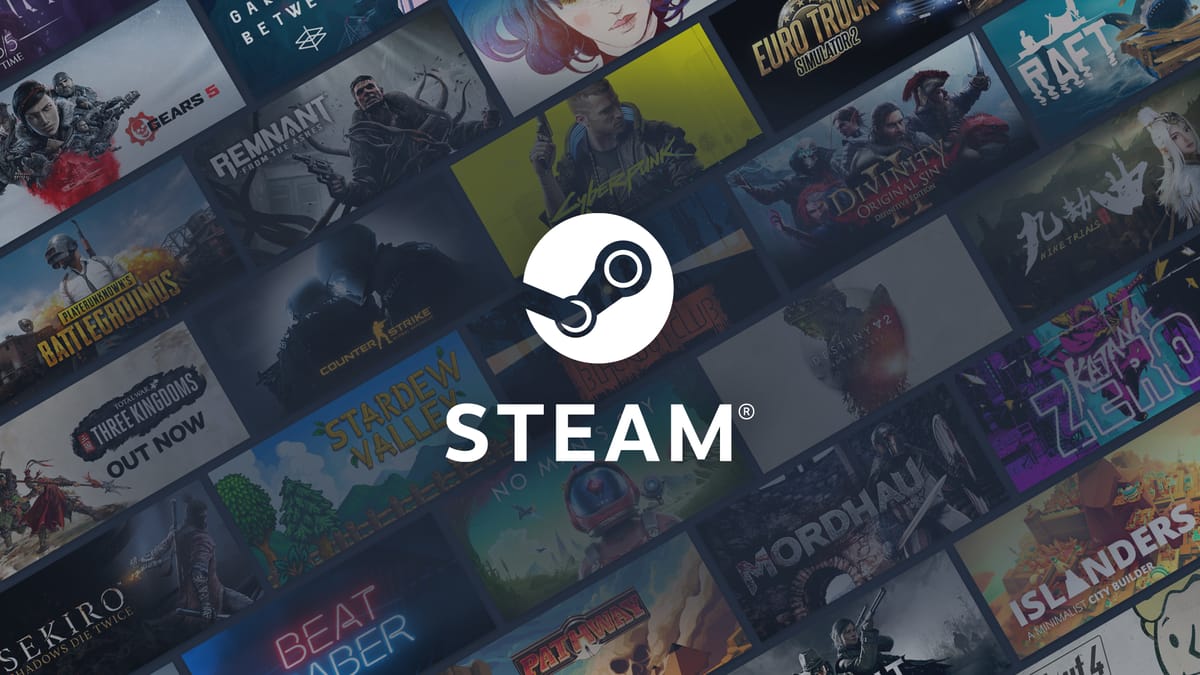- 22 Posts
- 27 Comments
Most of the services Google kills are also because they “fizzled out”. If you scroll through the Killed by Google site, a lot of the stuff listed there were test apps or small-scale experiments that most people never heard about or cared to try, like all the apps under Area 120. There are a few high-profile examples (Reader, Stadia, etc) but they’re definitely not the majority, same as Mozilla.

 41·7 months ago
41·7 months agoApple discontinued its own Apple Pay Later service in favor of just integrating third-party payment services, like Affirm: https://9to5mac.com/2024/06/17/apple-pay-later-united-states-ending/
Friendly reminder that we have already identified and largely fixed a climate change problem, the depletion of the Ozone layer, and we can fix other problems too:
The Montreal Protocol is considered the most successful international environmental agreement to date. Following the bans on ozone-depleting chemicals, the UN projects that under the current regulations the ozone layer will completely regenerate by 2045, thirty years earlier than previously predicted.
A $600 PC with a dedicated graphics card is probably going to have a worse CPU than an M2 or M3 Mini, and probably no Thunderbolt. You would only be cross-shopping a PC like that with a Mac Mini if you were thinking of graphically-demanding productivity work, like video editing or Blender. If it’s for gaming then the Mac wouldn’t be in the running at all.
Ghost managed hosting gets more expensive as you get more subscribers, I don’t think Patreon does. You also have to set up the payments processor yourself (usually Stripe), and if you self-host, you need to set up an email service like Mailchimp. Ghost also has much more basic community features than Patreon, and doesn’t do per-user RSS feeds, so stuff like subscriber-only podcasts are more difficult.
The M2 Mac Mini is $599, or $499 if you can get the education discount. There is not a (new) Windows PC in that price range that has the same performance (especially performance-per-watt) and Thunderbolt 4. The M1 MacBook Air is getting a bit old, but it’s on sale for $600-700 pretty often and will knock the socks off most PCs in that price range, especially in build quality.
Apple’s pricing gets ridiculous when you try spec’ing up with certain memory or storage upgrades, sure, and most internal upgrades are a no-go. The base models of most of their computers are incredibly competitive, though.
There is nothing personally-identifiable in the data Mozilla collects in Firefox: https://support.mozilla.org/en-US/kb/telemetry-clientid
Technical data includes information about your Firefox version and language, device operating system and hardware configuration, memory, basic information about crashes and errors, outcome of automated processes like updates and safebrowsing. When Firefox sends data to us, your IP address is temporarily collected as part of our server logs. IP addresses are deleted every 14 days.
There’s a lot of people on here that see literally any telemetry or analytics as evil, even though it’s a necessary component for any software at the scale of Firefox (especially automated bug reports). Mozilla makes it clear they collect as little data as possible: https://support.mozilla.org/en-US/kb/telemetry-clientid
Telemetry is not privacy-invading, it’s pretty well anonymized. It’s also a lot easier to change the search engine than it is to download a completely different web browser.
Firefox doesn’t invade anyone’s privacy.

 323·8 months ago
323·8 months agoGoogle worked on Privacy Sandbox/Topics API/FLoC for at least five years, and it couldn’t get something that advertisers, regulators, and users could all agree on, so it’s just falling back to the thing that worked (but has next to zero privacy protections). Sigh.

 31·10 months ago
31·10 months agoIf you like this article, please consider following the site on Mastodon/Fedi, email, or RSS. It helps me get information like this out to a wider audience :)
Whether or not the exclusivity deal is between the publisher and the store or just the publisher doesn’t make a difference for the consumer. There’s no functional difference between Counter Strike 2 requiring Steam and Fortnite requiring the Epic launcher except that gamers are used to Steam.
No exclusivity for games
Valve doesn’t need to pay for exclusivity because it already dominates the market. There are many games that are effectively Steam exclusives because they are not available through other methods on PC. Half-Life 2 received a lot of criticism at launch for requiring Steam.
They purposefully made SteamOS open source so that other companies can easily release portable PC gaming products
SteamOS is open source, but you need a license to use the Steam brand, and Valve doesn’t allow that. One company tried to make a handheld console with SteamOS, but it can’t be legally bundled with the hardware: https://www.theverge.com/2024/1/10/24033161/ayaneo-next-lite-steam-deck-competitor-steamos
That said, who knows what happens when he dies?
Yes, that’s the point of the article. If you need one specific person to stay alive for something to continue functioning well, you don’t have a business, you have the British monarchy.
Valve has avoided many of the same anti-consumer moves as other tech and gaming giants, likely due to its smaller size, status as a non-public company, and the long-time leadership of Gabe Newell and other executives. Valve won’t stay that way forever—the company is not immune to the pressures of capitalism, and there are already examples of anti-consumer behavior.
Valve is not immune to enshittification, and it has already happened on some level with minimal current Mac support, facilitating gambling through item trades, etc.
I mean, even those old iPhones have better software support than a lot of low-end/budget Android phones. The iPhone 11 still has iOS 17 and will probably get security patches for another year or two (assuming it gets dropped with iOS 18, maybe Apple will try pushing it another year).

 2·1 year ago
2·1 year agoI would like to see more collective action, but it’s also incredibly difficult to put your housing situation on the line when the US (and most states) does not give you a functional backup. As you said, it’s capitalism at work.

 21·1 year ago
21·1 year agoI mentioned in the article that 5G home internet is not a solution for everyone. The reliability varies significantly by location and network quality—some people have no issues, for others it’s unusable. It’s not a perfect solution that will fix the US’ infrastructure problems, but in the meantime it is making a difference for some people.
















I’m a big green guy.